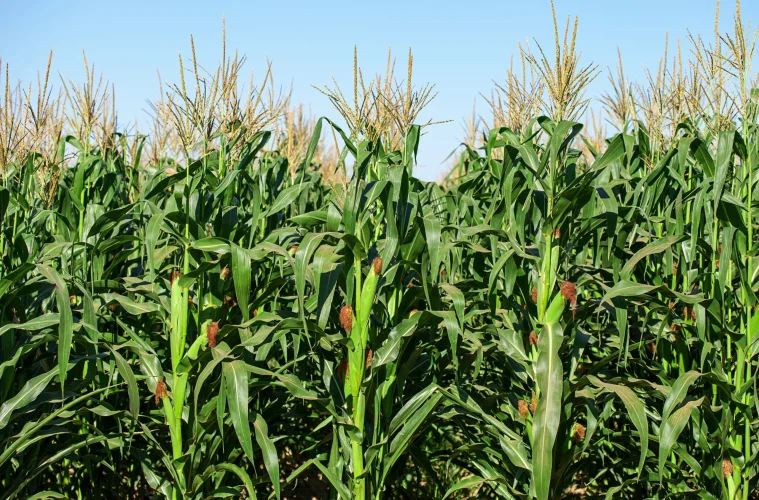The cultivation of maize is the subject of controversy. It is one of the most cultivated plants in the world due to its nutritional and energetic properties. Corn is essential for animal feed, biofuels (such as ethanol) and various processed products (glucose syrup, starch). Climate change raises questions about the viability of maize, especially with the increase in heat waves and droughts. Although maize is physiologically adapted to high temperatures, it remains very sensitive to water stress, especially during flowering. Climate forecasts indicate an intensification of heat and drought events, affecting traditional producing regions, such as North America and Europe. This can compromise maize growth, especially in rainfed areas. Often grown as a monoculture, maize requires a large amount of water, fertilisers and phytopharmaceutical treatments. This contributes to soil depletion and groundwater pollution, while contributing to climate change. Farmers highlight their efforts to reduce water consumption by 30% through new irrigation techniques and more sustainable farming practices, such as growing intermediate crops to enrich the soil with nitrogen. Agricultural research focuses on developing maize varieties that are more resistant to drought, heat and disease. However, the future of maize remains uncertain, raising questions about its sustainability amid climate change.
Source: Le Figaro




